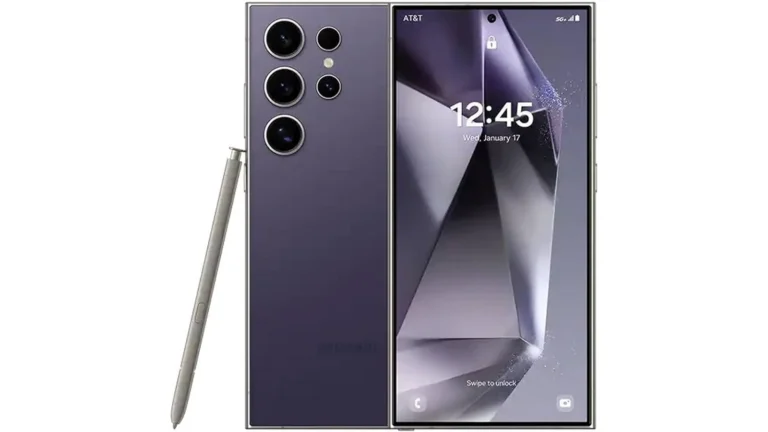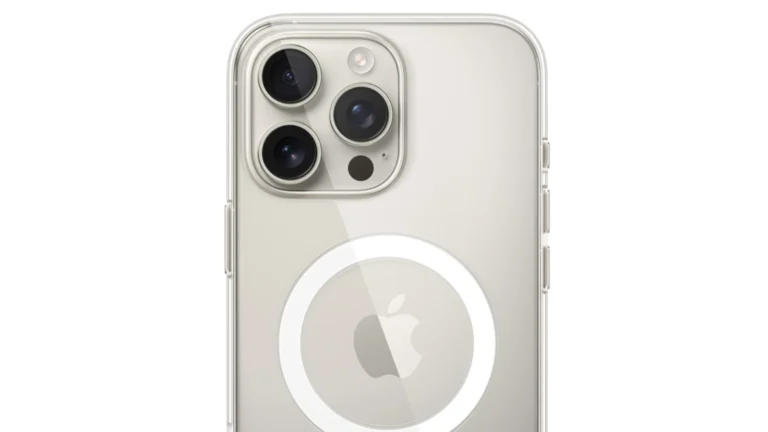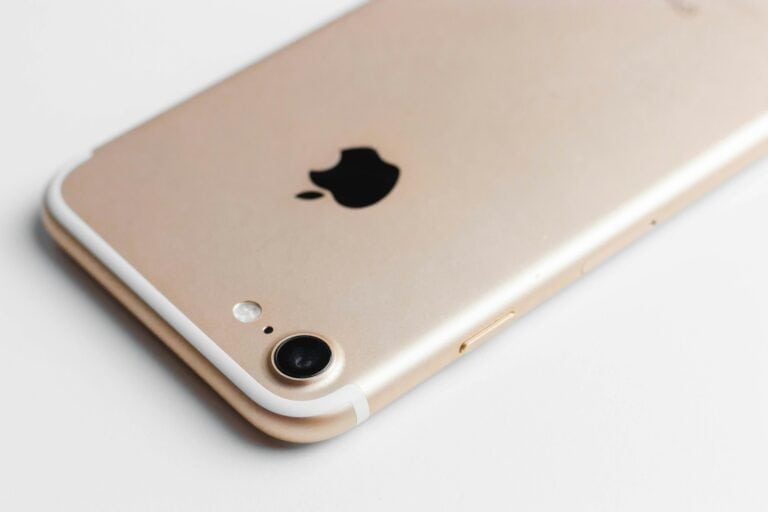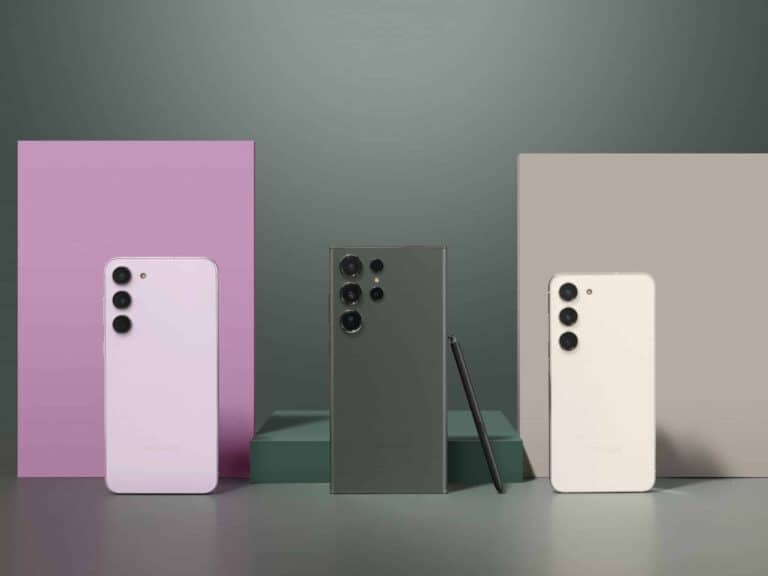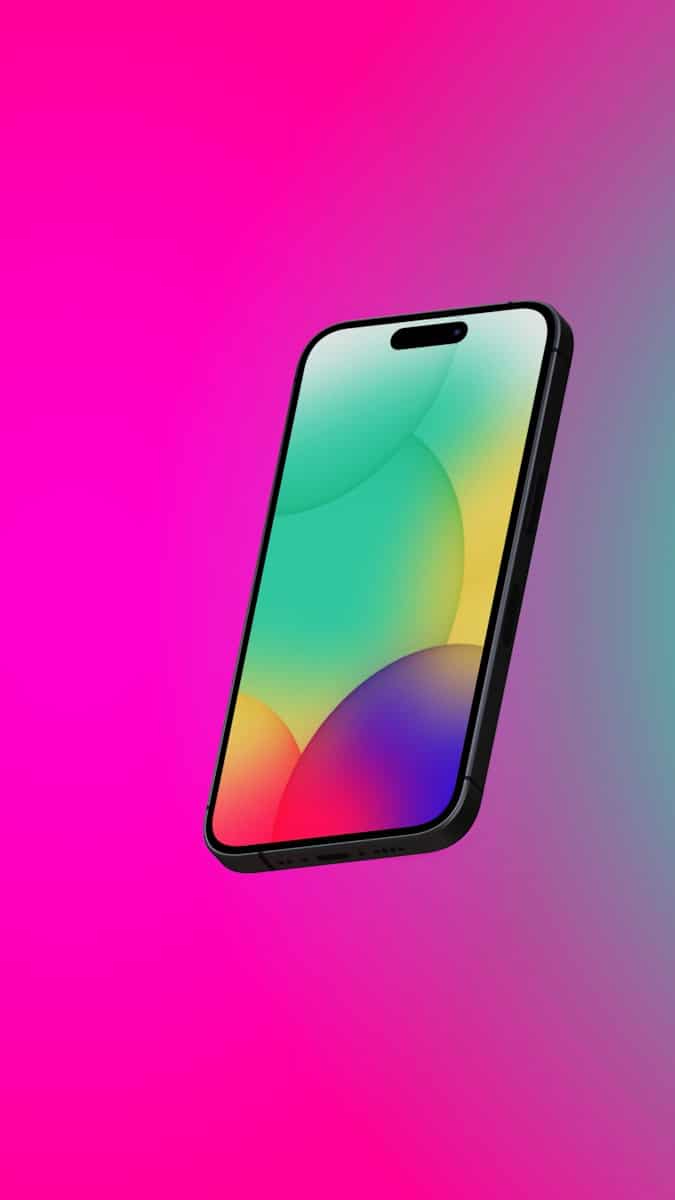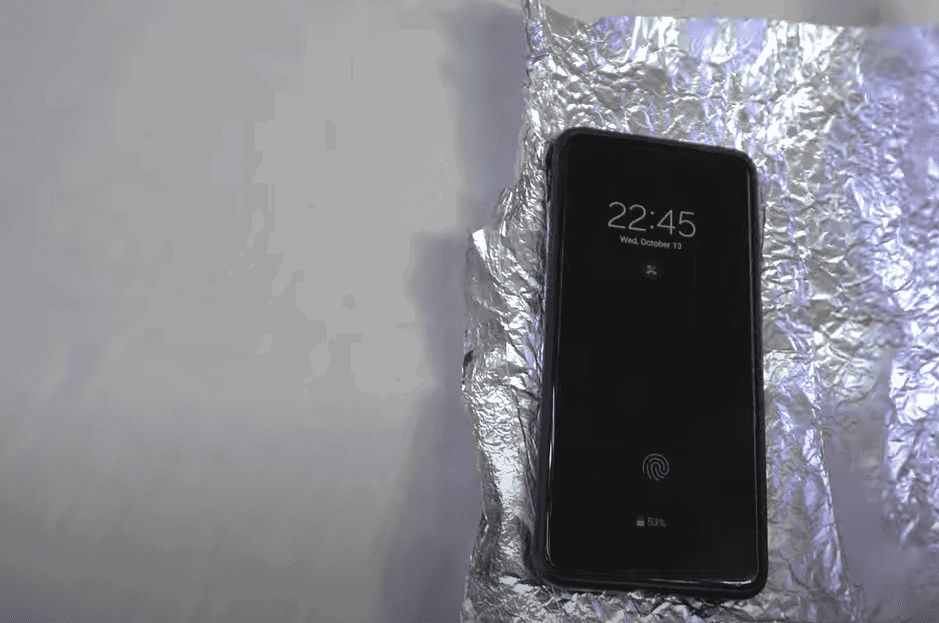
Yes, wrapping your phone in aluminum foil effectively blocks signal. Aluminum foil acts as a Faraday cage, which is a conductive enclosure that blocks electromagnetic fields. This prevents signals like cellular, Wi-Fi, and Bluetooth from reaching your phone, essentially rendering it disconnected from the outside world.
However, it’s important to note that the effectiveness of this method depends on how completely you wrap the phone. Any gaps or openings in the foil can allow signals to pass through. Additionally, keep in mind that this will also prevent your phone from making emergency calls.

Why Some People Use Aluminum Foil on Phones
Wrapping your phone in aluminum foil might seem like a quirky experiment, but it actually has some significant effects on its functionality. Let’s explore what happens when you encase your device in this shiny material.
Blocking Signals
The primary reason is to block cell signals. Aluminum foil acts as a Faraday cage, meaning it disrupts electromagnetic waves. This can be useful if someone wants to:
- Cellular & Wi-Fi: The foil acts as a Faraday cage, blocking electromagnetic waves, including cellular and Wi-Fi signals. This means your phone will be effectively cut off from the network, unable to make or receive calls, texts, or access the internet.
- Bluetooth & NFC: Similarly, Bluetooth and NFC (Near-Field Communication) signals will also be blocked, preventing you from connecting to wireless headphones, speakers, or making contactless payments.
- GPS: The foil can interfere with the phone’s ability to receive GPS signals, making location-based services like maps and navigation unreliable.
- Prevent tracking: Cell phones constantly emit signals that can be used for location tracking. Wrapping the phone in foil disrupts this signal, making it difficult to track the phone’s location.
- Maintain privacy: Cell phones can be vulnerable to interception. In theory, wrapping the phone in foil could block someone from remotely accessing the microphone or data.
Other Impacts
- Charging: While wireless charging might still work (depending on the phone model and foil placement), traditional wired charging through the port will likely be obstructed.
- Heat Dissipation: Wrapping your phone in foil can hinder its ability to dissipate heat, potentially leading to overheating, especially during intensive tasks like gaming or video streaming.
- Accidental Touch Inputs: The foil can cause unintended touch inputs on the screen, making it difficult to use the phone while wrapped.
Potential Uses
- Privacy & Security: In certain situations, like traveling or wanting a digital detox, blocking all signals can provide a sense of privacy and freedom from distractions.
- EMP Protection (Limited): While a tightly wrapped phone in multiple layers of foil can offer some protection against electromagnetic pulses (EMPs), it’s not a foolproof solution.
Considerations
- Emergency Calls: Remember, a foil-wrapped phone cannot make emergency calls, so use this method cautiously.
- Overheating Risk: Prolonged use while wrapped in foil can lead to overheating, potentially damaging your phone.
- Warranty Concerns: Tampering with your phone in unusual ways might void its warranty, so proceed at your own risk.
Important to Note: Blocking cell signals also disrupts regular phone use. You won’t be able to make calls, receive texts, or use data while the phone is wrapped in foil.
Other, Less Common Reasons
There are a few other, less common reasons why people might use aluminum foil on their phones:
- Battery conservation: There’s a misconception that foil can conserve battery life by blocking signal reception. However, tests have shown this to be largely ineffective.
- Scratch protection: While it might offer some minor scratch protection, aluminum foil is not a durable phone case and can easily tear or wrinkle.
The Faraday Cage Effect
At the heart of why people wrap their phones in aluminum foil is the concept of a Faraday cage. This scientific principle, discovered by Michael Faraday, involves encasing an object in a conductive material to block electromagnetic fields. Wrapping a cell phone in aluminum foil effectively creates a miniature Faraday cage around the device. This barrier is efficient in blocking cell phone signals, which are a form of electromagnetic radiation (EMF). The aluminum foil acts as a shield against these signals, preventing them from reaching the phone.
Signal Blocking and Privacy Concerns
One of the main reasons people might wrap their phones in aluminum foil is to block incoming and outgoing signals. This action can make a phone virtually untraceable, as it effectively prevents any cell signals from reaching it. Such a measure is sometimes taken by individuals concerned about privacy or those wanting to avoid being tracked. In today’s increasingly connected world, where digital privacy is a significant concern, using aluminum foil to shield a phone can be seen as a rudimentary but effective way to disconnect.
Impact on Phone Functionality
When a smartphone is encased in aluminum foil, it will not receive calls or text messages, even when turned on. This includes a disruption in GPS functionality, rendering the device unlocatable by standard Android system programs or other tracking methods. This can be particularly useful in scenarios where avoiding detection or interruption is crucial.
Enhancing Battery Life and Protection Against Damage
Another potential benefit of wrapping a phone in aluminum foil is the enhancement of battery life. By shielding the phone from external heat sources, the foil can prevent the device from overheating, thus conserving battery power. Additionally, aluminum foil is waterproof, offering a level of protection against accidental spills and moisture damage.
Limitations and Alternative Methods for Privacy
While wrapping a phone in foil can create a Faraday cage effect, it’s important to note that this method is not foolproof. There can be instances of signal leakage and other issues. For those seeking more robust privacy protection, alternatives such as turning off connectivity features, using VPN services, or employing specialized phone cases made with conductive materials like metal mesh or carbon fiber are recommended. These methods offer more reliable and practical ways to protect privacy and reduce tracking risks.
Frequently Asked Questions
Does wrapping a phone in aluminum foil completely block all signals?
Yes, wrapping a phone in aluminum foil can effectively block all signals due to the Faraday cage effect, making the phone untraceable and interrupting its ability to receive calls, messages, and GPS signals.
Can aluminum foil protect a phone from water damage?
Aluminum foil is waterproof, so it can offer a level of protection against accidental spills and moisture.
Is the Faraday cage effect reliable for blocking phone signals?
While it’s effective, it’s not completely foolproof. There can be signal leakages and other issues.
Does aluminum foil improve a phone’s battery life?
Yes, it can enhance battery life by preventing the phone from overheating.
Can a wrapped phone still connect to WiFi or Bluetooth?
No, wrapping a phone in aluminum foil will also block WiFi and Bluetooth signals.
Is it safe to wrap a phone in aluminum foil?
It’s safe, but it will disrupt the phone’s normal functioning, including its ability to receive and make calls.
Are there any alternatives to aluminum foil for privacy?
Yes, using VPN services, turning off connectivity features, or using phone cases made with conductive materials are effective alternatives.
Can aluminum foil protect against EMF radiation?
Yes, aluminum foil can block EMF radiation due to its conductive properties.
How does aluminum foil affect GPS tracking?
It makes it impossible for the GPS to locate the device, offering privacy from tracking.
Is this method commonly used for privacy reasons?
It’s a rudimentary method and not as common as more sophisticated digital privacy measures.


